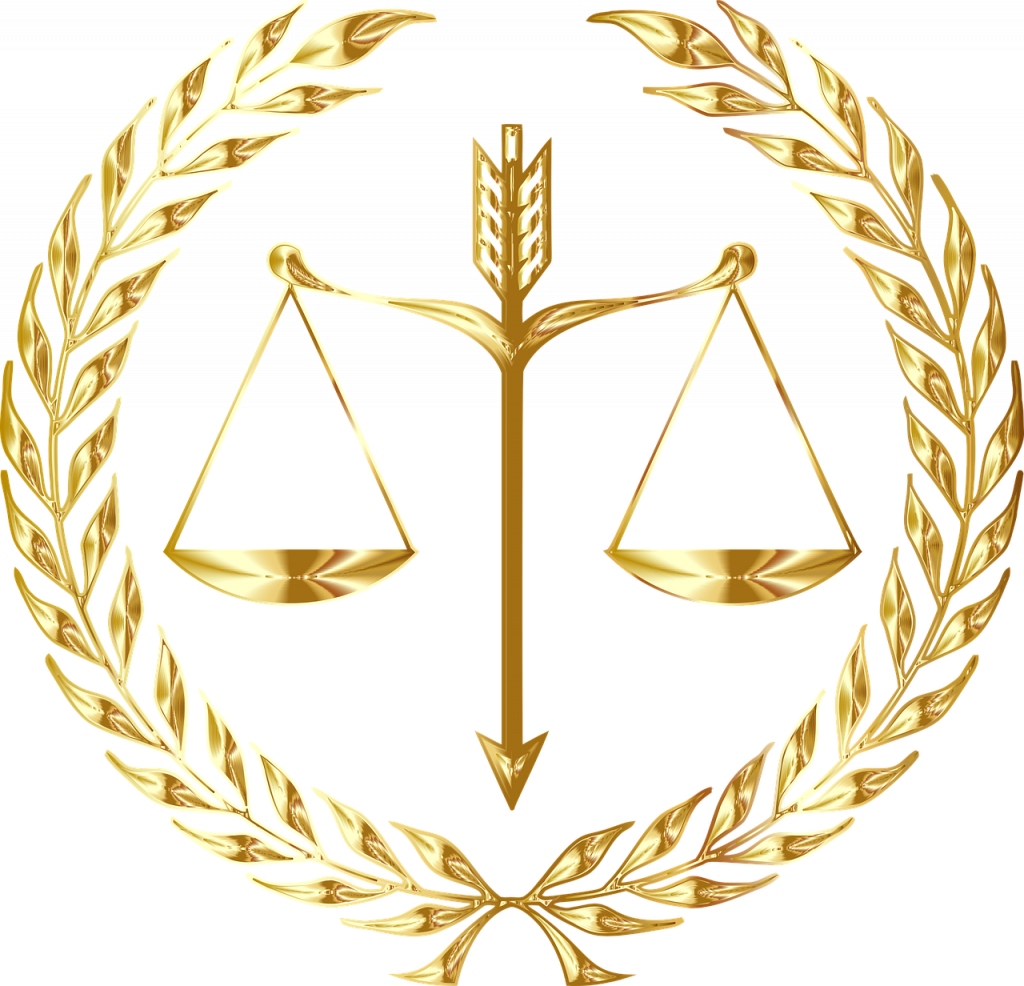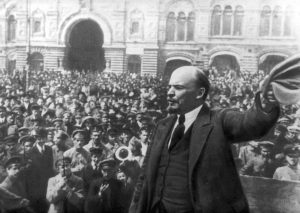![Kremlin.ru [CC BY 3.0 (http://creativecommons.org/licenses/by/3.0)]](http://www.analysis-review.com/wp-content/uploads/2015/08/Vladimir_Putin_inauguration_7_May_2012-24-300x200.jpeg)
Credit: Kremlin.ru [CC BY 3.0]
As historian Timothy Snyder says, ‘if you wish to read Putin, use Orwell as a guide’, citing Russian propaganda about the Ukraine as a perfect example of doublethink which requires that people, as Orwell put it, ‘hold simultaneously two opinions … knowing them to be contradictory and believing both of them.’2 Russian propaganda delivers two sides to every story, both of which are false, and each of which contradicts the other. As Snyder puts it, Russia must invade the Ukraine because the Ukrainian state is oppressive ( ignoring Ukrainian attempts at democracy) but then Russia can invade Ukraine as it does not exist – it has always been a part of Russia, so the story goes. So the Ukraine is a state, and it isn’t. Snyder adds that Russia must invade as Russians are forced to speak Ukrainian in the Ukraine (they are in fact free to speak Russian as much as they like). Then there is the concomitant fact that according to the Russian view, the Ukrainian language does not exist. So Russians are forced to speak a language that does not exist! These contradictory facts are beyond cognitive dissonance, they are cunning psychological ploys by the Putin regime to confuse the west and rely on its desire to walk away from this confusion, thinking that it’s not Europe’s central concern anyway. But those who are alert, know that he is acting on his nostalgic wish to reunite as many of the old Soviet countries as he can get away with – to maintain Russia’s power in the face of demographic, economic and political problems threatening its existence. He can safely rely on western Europe’s ignorance of the intricacies of Eastern European societies, to forge ahead, especially when no-one is paying attention, or not too much attention.
Putin knew he could play on the west’s genuine moral weakness, his awareness of its loosening connection to its Christian legacy – but not for moral reasons – he is very astutely political. If he were so Christian, one can ask, why did Putin say he has regretted the fall of the Soviet Union? Now, would a real Christian say that? The Soviet Union was a godless regime which killed millions of its inhabitants and repressed Christian belief. And now, ironically, many naive Christians support Putin’s condemnation of the west, wishfully believing he supports their own critique, without realising what murky waters they are stepping into. They are pawns in his strategy to further weaken European cohesion.
Recently George Weigel described Putin’s regime as one which ‘has now reached such a level of automatic and refined mendacity that the immediate response to the Nemetsov murder in the Russian mass media, and from Putin’s epigones in the Russian government, was to suggest that this was a “provocation” staged by NATO, or Ukraine, or NATO-and-Ukraine, in order to destabilize the Russian regime.’3 For those who doubt this mendacity, can they explain why Putin has repeatedly denied that Russian surface to air missiles brought down the Malaysian Airline MH17? Satellite photography can prove the facts but all Putin has to do is deny it and westerners are cowed into silence, again confused by what happened. With all the discussions and attempts at recovery of some debris, there is still no Russian admission of the simple truth – Russian weapons, in the hands of Russian soldiers shot down a civilian plane.
Yes, of course one can say in reply that other political leaders lie. But if David Cameron shot down another nation’s airline, invaded France and annexed India out of nostalgia for the old Commonwealth – surely just poker faced lying would not be believed and what is more, people would see through the contradictions, his calls for diplomatic discussion, and daily political spin portraying the events in a peace-loving light. Post-colonialism and post-modernism have not totally exterminated western Europeans’ capacity to detect contradictions. You and I would not accept avoidance of the issue if members of opposition parties were assassinated on a regular basis. We would, and so would other countries, see the outrageous disrespect for constituents’ intelligence and demand resignation. In Russia this is laughable and the ordinary, suffering people know it. Those who disagree with Putin in a serious way, are not around long enough to tell their side of the story for any length of time – Alexander Litvinienko , Anna Politkovskaya and Boris Nemetsov are but a few examples. They just seem to – well, disappear.
Yes, Putin wears a cross, he kisses the Bible and appears with Russian Orthodox clergy, denounces western moral decay, but why shouldn’t he, if it supports his cause of Russia as the Third Rome – a controller of global affairs which maintains power by bringing down other regimes when they threaten Russia? As Weigel put it ‘ Putin has also been exceptionally clever in associating his regime with elements of traditional Russian civic piety, aided by the thoroughly corrupt leadership of the Russian Orthodox Church, which has been shameless in advancing Kremlin propaganda and lies and in lining its own pockets in the process.’
Political analysts and observers are waking up to the Putin agenda, and realising the Post Soviet world may be up to something. Among recent works are: Edward Lucas’ (2013) Spies, Lies and How Russia Dupes the West (2013); David Satter’s Darkness at Dawn (2003); Yuri Felshtinsky and Vladimir Pribylovski’s The Corporation: Russia and the KGB in the Age of President Putin (2009); Robert Chandler’s Shadow World (2008); and Martha Dawisha’s Putin’s Kleptocracy,: Who owns Russia? (2014).
It is hard for people who live according to other moral standards to understand what the Russian leadership is doing but if they take as their guide the notion that truth is whatever suits Russia’s dominance, they might get used to the fact that what Putin says has little to do with objective reality, no matter how many Bibles he kisses. Or alternatively, knowing there is a revival of popular piety among the Russian Orthodox, if it were to your advantage to kiss some Bibles and meet with Orthodox clergy (remember Catholics and other Christians are strictly controlled and occasionally ejected from Russia), wouldn’t you kiss a few Bibles and hope that people would remember the gesture and believe you want peace? If Putin wears a cross, surely he couldn’t be lying about the fact that there are Russian troops in the Ukraine, could he?
- ‘Putin reveals secret of Russia’s Crimea takeover plot. BBC News, March 9, 2015. http://www.bbc.com/news/world-europe-31796226 ↩
- Timothy Snyder, ‘To Understand Putin, read Orwell’. Politico Magazine, September 3, 2014. http://www.politico.com/magazine/story/2014/09/to-understand-putin-read-orwell-110551.html#ixzz3Ys80Jw5F ↩
- George Weigel, ‘Lenin meets Corleone’. National Review, March 7, 2015. http://www.nationalreview.com/article/415027/lenin-meets-corleone-george-weigel ↩









Comments